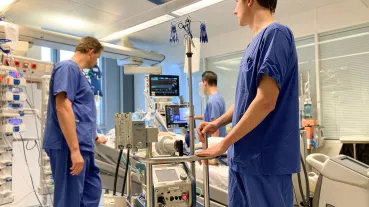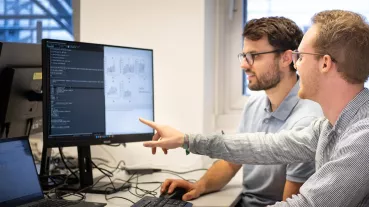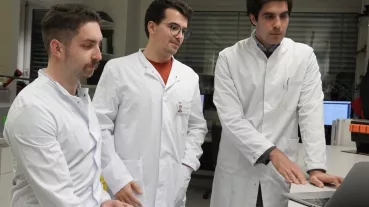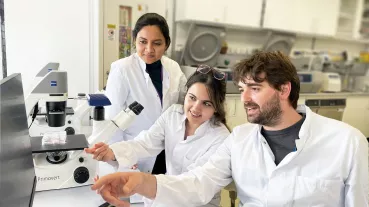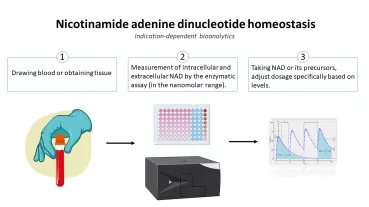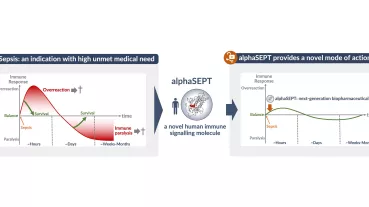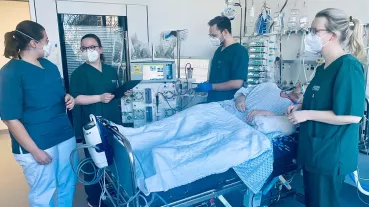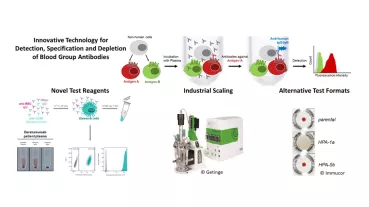Procoagulant platelet activation as an anti-inflammatory brake to modulate neutrophil recruitment in inflammation and infection
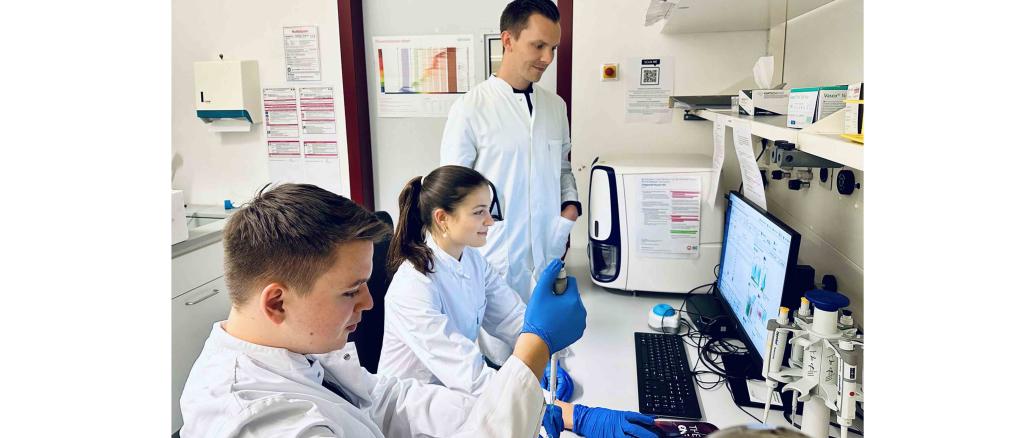
Neutrophil granulocytes and platelets are among the most abundant blood cells in humans. While neutrophils are primarily attributed important roles in host defenses against bacteria, platelets are known for their involvement in hemostasis and the formation of clots (thrombosis). During severe infections, both cell types can mutually activate the other. If this activation exceeds physiological levels, inflammatory reactions can escalate and harm the body through organ injury. In the present project, the interaction between these cell types, particularly the interaction between neutrophils and a particularly strongly activated population of platelets – so-called procoagulant platelets –, will be examined using murine infection models, high-throughput methods and intravital microscopy. The overarching aim of this project is to identify the underlying mechanisms in order to develop novel therapeutic concepts for modulating the mutual (hyper)activation of neutrophils and platelets.
Here you can find further information.
